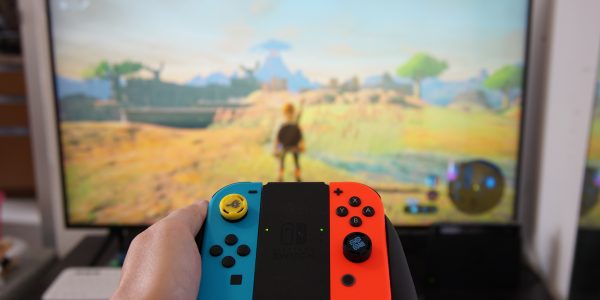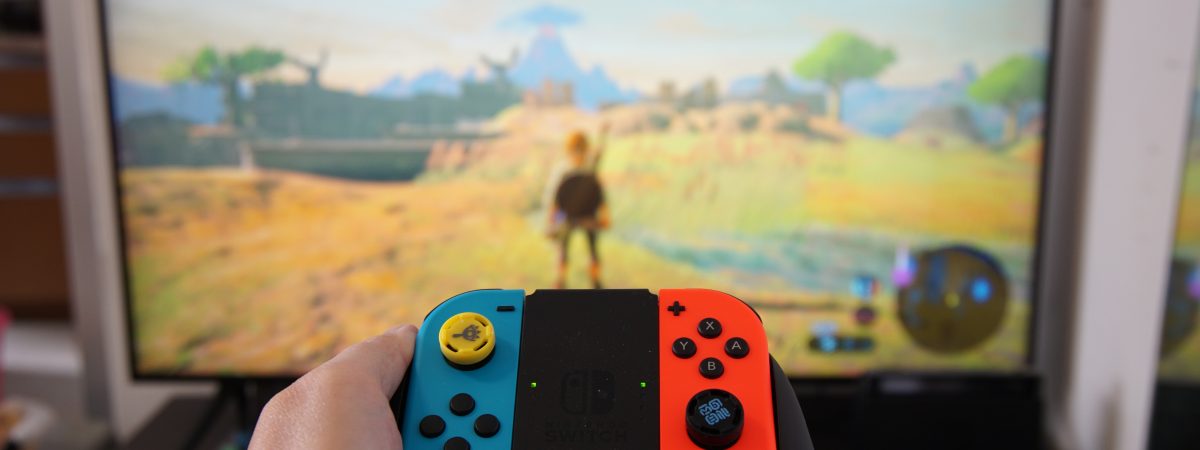Video games are a pastime plenty of people take part in. While the majority of gamers are adults between the ages of 18 and 34, people in all stages of life participate. No matter the genre, video games can allow for escapism from the realities of life.
Games like “Animal Crossing: New Horizons” took off at the height of the pandemic because they allowed players to build a world of their own and escape from daily stressors. In fact, the gaming industry saw $180 billion in sales due to the COVID-19 pandemic, up 20% from before the lockdown. 2021 has followed suit, with more people playing hit games or buying the new PS5 console for platform-exclusive ones.
More people are working from home, contributing to more gaming time. Likewise, individuals who were laid off or quit their jobs have more time to play video games, too. However, the unemployment rate is decreasing, meaning more people are returning to work — which is excellent news, though it may affect the gaming industry.
What Are the Current Issues in the Gaming Industry?
One of the greatest issues plaguing the gaming industry in 2021 is the same as what has affected workers in all fields: burnout. Many game developers are overworked and exhausted. Developers have worked longer hours, maybe even for less pay than they saw before the pandemic. Luckily, they had some semblance of job security during the pandemic, but many work at smaller companies or studios made of only themselves.
As a result, developers and other workers from smaller studios may not have the work-life balance they crave, especially if they work from home. They have fewer employees to share the pressure of meeting deadlines, which can damage their mental and physical health. As such, the effects of the pandemic can cause game delays. Around 33% of developers saw a game release delayed thanks to COVID-19.
Delayed games could lead to unhappy fans. One of the most significant current issues in the gaming industry is how players respond to delays and cancellations. Disappointed fans mean more work for developers to ensure they’re putting quality games out efficiently. Communication can be muddy and confusing since many employees work from home, some hybrid and some in the office full time, leading to further delays.
The Gaming Industry in 2021 and Beyond
With COVID-19 still a significant concern in many areas, the policies businesses created to stay afloat during lockdown may continue indefinitely. Moving forward, companies are likely to see more full-time employees working remotely. Businesses without a flexible work-from-home option will find it challenging to keep up with competitors who offer that option.
As a result, you can expect that more game development will happen at home than at the office, at least for the time being. Working remotely while still on a team can cause mishaps and delays, but it might lead to less stress overall. Once an at-home employee settles into a routine, they should complete their work without any issues.
Navigating the New Gaming Reality
Until studios get used to the working-from-home hybrid, gamers might see some delays in the games they love. Remote teams are a relatively new phenomenon, and as the workforce grows used to them, things will pick up again. All fans have to do in response is be understanding and look forward to new releases.




